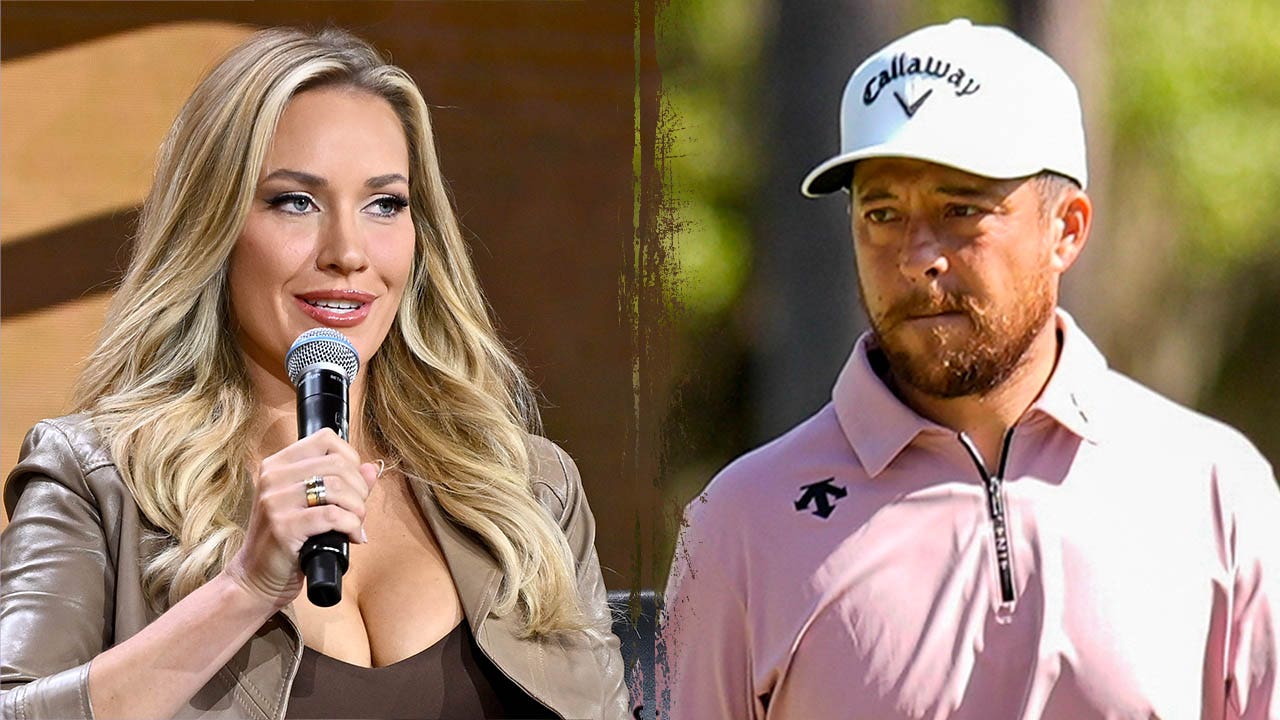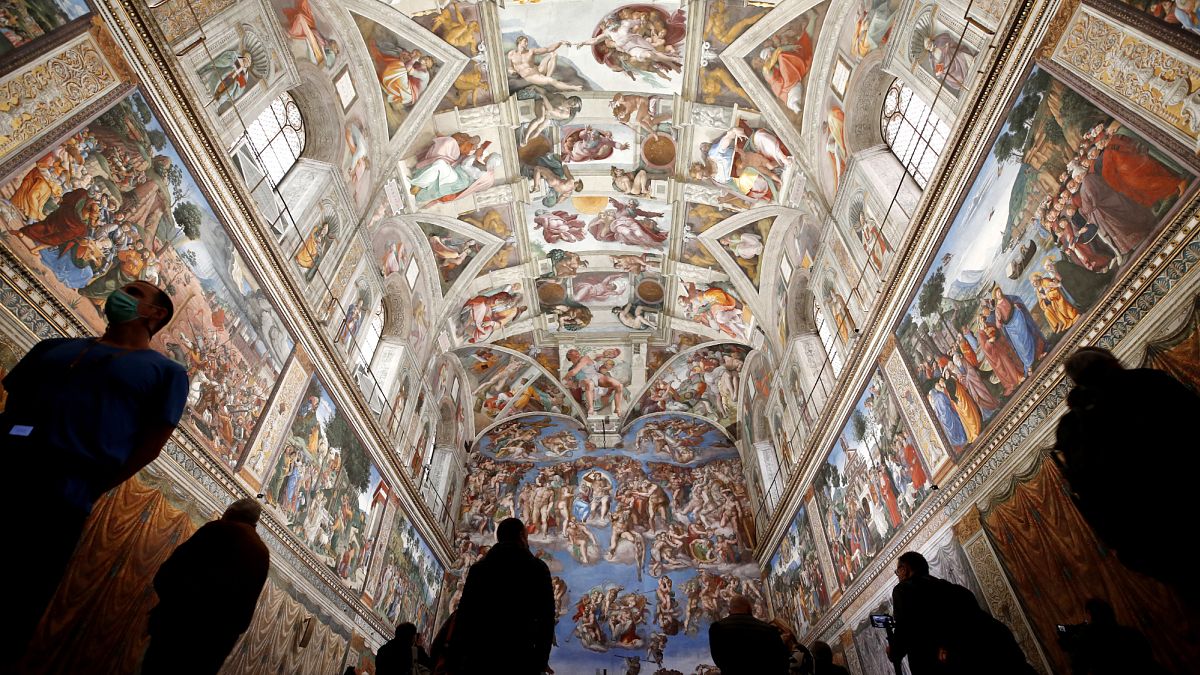On 7 May, 133 Cardinal electors will lock themselves in the Sistine Chapel in the Vatican and begin the secret process of electing the next pope.
While much of the process is shrouded in mystery, what is known is that four rounds of voting take place daily until one cardinal receives a two-thirds majority of the vote.
The process typically lasts between 15 and 20 days.
But with a week to go until the process to elect the new Bishop of Rome gets under way, which cardinals are tipped as being ‘papabile’ enough to lead the Roman Catholic church?
Cardinal Pietro Parolin
The 70-year-old veteran diplomat was Pope Francis’ secretary of state, making him essentially the Holy See’s prime minister. Though associated closely with Pope Francis’ pontificate, Parolin is much more demure in personality and diplomatic in his approach to leading than the Argentine Jesuit he served and he knows where the Catholic Church might need a course correction.
Parolin oversaw the Holy See’s controversial deal with China over bishop nominations and was involved but not charged in the Vatican’s botched investment in a London real estate venture that led to the loss of millions of euros.
Parolin, who was made a cardinal by Pope Benedict XVI, knows the Latin American church well and played a key role in the 2014 US-Cuba détente, which the Vatican helped facilitate.
While he may be a Vatican veteran, he has very little pastoral experience. He entered the seminary at age 14, four years after his father was killed in a car accident. After his 1980 ordination, he spent two years as a parish priest near his hometown in northern Italy, but then went to Rome to study and entered the Vatican diplomatic service, where he has remained ever since.
If he were elected, he would return an Italian to the papacy after three successive outsiders: St. John Paul II (Poland), Pope Benedict XVI (Germany) and Francis (Argentina).
Cardinal Luis Antonio Tagle
67-year-old Tagle is on many bookmakers’ lists to be the first Asian pope, a choice that would acknowledge a part of the world where the church is growing.
Pope Francis brought the popular archbishop of Manila, who was made a cardinal by Pope Benedict XVI, to Rome to head the Vatican’s missionary evangelisation office, which serves the needs of the Catholic Church in much of Asia and Africa.
His role took on greater weight when Pope Francis reformed the Vatican bureaucracy.
Though he has pastoral, Vatican and management experience Tagle would be on the young side to be elected pope, with cardinals perhaps preferring an older candidate whose papacy would be more limited.
However, Tagle is known as a good communicator and teacher, key attributes for a pope.
Cardinal Fridolin Ambongo Besungu
The 65-year-old Ambongo, made a cardinal by Pope Francis, is one of Africa’s most outspoken Catholic leaders, heading the archdiocese that has the largest number of Catholics on the continent that is seen as the future of the church.
He has been archbishop of Congo’s capital since 2018 and a cardinal since in 2019.
Pope Francis also appointed him to a group of advisers that was helping reorganise the Vatican bureaucracy. In Congo and across Africa, Ambongo has been deeply committed to the Catholic orthodoxy and is seen as conservative.
In 2024, he signed a statement on behalf of the bishops conferences of Africa and Madagascar refusing to follow Pope Francis’ declaration allowing priests to offer blessings to same-sex couples in what amounted to continent-wide dissent from a papal teaching.
The rebuke crystalised both the African church’s line on LGBTQ+ outreach and Ambongo’s stature within the African hierarchy.
Cardinal Matteo Zuppi
Zuppi, 69, came up as a street priest in the image of Pope Francis, who promoted him quickly; first to archbishop of the wealthy archdiocese of Bologna in northern Italy in 2015, before bestowing the title of cardinal in 2019.
He is closely affiliated with the Sant’Egidio Community, a Rome-based Catholic charity that was influential under Pope Francis, particularly in interfaith dialogue.
Zuppi was part of Sant’Egidio’s team that helped negotiate the end of Mozambique’s civil war in the 1990s and was named Pope Francis’ peace envoy for Russia’s war in Ukraine.
He travelled to Kyiv and Moscow after Ukrainian President Volodymyr Zelenskyy appealed to the Holy See for help in winning the release of 19,000 Ukrainian children taken from their families and brought to Russia during the war.
The mission also took him to China and the United States.
Zuppi would be a candidate in Pope Francis’ tradition of ministering to those on the margins, although his relative youth would count against him for cardinals seeking a short papacy.
Cardinal Péter Erdő
Known by his peers as a serious theologian, scholar and educator, Erdő, 72, is a leading contender among conservatives.
He has served as the archbishop of Esztergom-Budapest since 2002 and was made a cardinal by John Paul II the following year.
He has participated in two conclaves, in 2005 and 2013, for the selection of Popes Benedict and Francis.
Holding doctorates in theology and canon law, Erdő, speaks six languages, is a proponent of doctrinal orthodoxy, and champions the church’s positions on issues like abortion and same-sex marriage.
Erdő opposes same-sex unions and has also resisted suggestions that Catholics who remarry after divorce be able to receive communion.
He stated in 2015 that divorced Catholics should only be permitted communion if they remain sexually abstinent in their new marriage.
An advocate for traditional family structures, he helped organise Pope Francis’ 2014 and 2015 Vatican meetings on the family.
While careful to avoid taking part in Hungary’s often tumultuous political life, Erdő has maintained a close relationship with the country’s rightist government, which provides generous subsidies to Christian churches.
However, he has been reluctant to take positions on several of the government’s policies that divided society in Hungary such as public campaigns that villainised migrants and refugees and laws that eroded the rights of LGBTQ+ communities.



